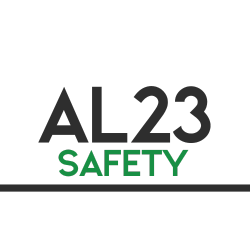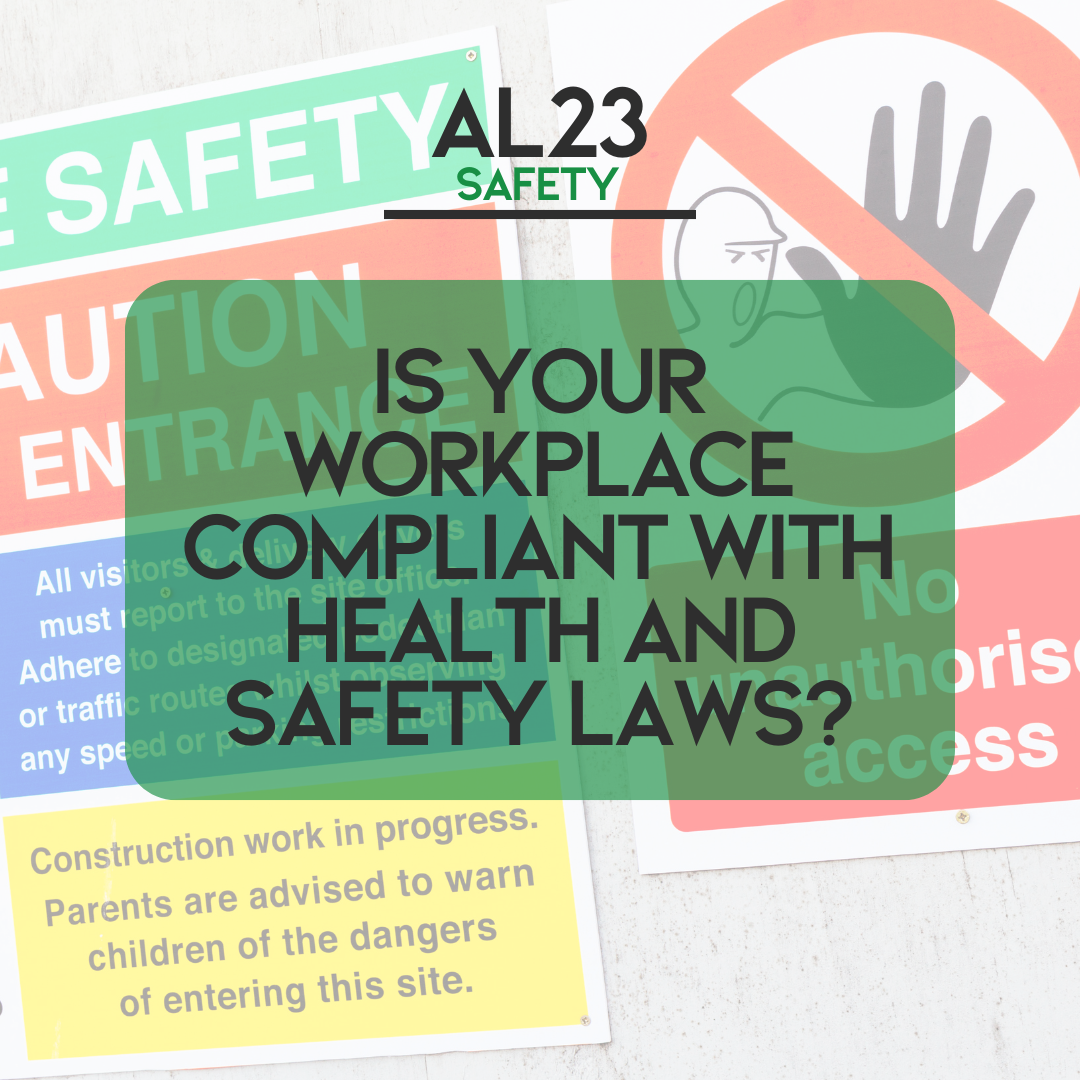A Health and Safety Audit is more than a regulatory requirement; it’s a strategic tool that protects your employees, ensures compliance, and drives business success. In the UK’s highly regulated business environment, prioritising workplace safety is both a legal obligation and a competitive advantage. The Health and Safety at Work etc. Act 1974 mandates employers to safeguard their workforce, and a comprehensive audit is key to meeting this duty. Recent incidents, such as the £100,000 fine imposed on a chemical company for failing to maintain safe equipment, highlight the severe consequences of neglecting safety protocols.
At AL23 Safety, we empower businesses to strengthen their safety practices through tailored audits that deliver actionable insights. In this blog, we outline five powerful reasons why a Health and Safety Audit is essential for your organisation, along with practical steps to implement one effectively.
Why a Health and Safety Audit is Crucial
A Health and Safety Audit is a systematic evaluation of your organisation’s safety policies, procedures, and practices. It ensures compliance with UK legislation, identifies gaps in safety measures, and provides a roadmap for improvement. By conducting regular audits, businesses can prevent incidents, avoid hefty fines, and foster a workplace where employees thrive. Let’s explore the top five benefits of prioritising a Health and Safety Audit.
1. Achieve Robust Workplace Safety Compliance
Under the Health and Safety at Work etc. Act 1974, employers must ensure, as far as reasonably practicable, the health, safety, and welfare of their employees. A Health and Safety Audit is critical to meeting these legal obligations. It verifies that your policies align with HSE guidelines and regulations like the Management of Health and Safety at Work Regulations 1999.
For instance, a thorough audit can identify outdated procedures or missing risk assessments, helping you avoid penalties like those seen in recent HSE cases, where non-compliance led to six-figure fines. By staying ahead of legal requirements, your business mitigates financial and reputational risks. AL23 Safety’s audit services ensure your compliance framework is robust, tailored to your industry, and ready for scrutiny.
2. Identify and Mitigate Risks with a Risk Assessment Audit
A core component of a Health and Safety Audit is the risk assessment audit, which identifies potential hazards across your operations. Whether it’s faulty equipment, inadequate emergency exits, or high-risk processes, an audit pinpoints vulnerabilities before they escalate into accidents.
Consider the Motherwell rendering plant incident, where a poorly maintained steam hose caused severe burns due to absent risk identification. A proactive audit could have flagged the faulty equipment, preventing harm. Regular risk assessments, integrated into audits, evaluate factors like machinery conditions, workplace layout, and employee practices, ensuring hazards are addressed promptly.
3. Foster Strong Safety Culture Development
A Health and Safety Audit goes beyond identifying risks; it cultivates a safety-first mindset. By engaging employees through interviews and surveys during the audit process, you gain insights into their concerns and reinforce their role in maintaining safety. This fosters a culture where workers feel empowered to report hazards and adhere to protocols.
A strong safety culture reduces incidents and boosts morale, as employees see their well-being prioritised. For example, audits that include employee feedback can reveal practical issues, such as insufficient training on new equipment, allowing you to address gaps proactively. AL23 Safety’s audit approach integrates cultural assessments, ensuring your workforce aligns with safety goals.
4. Boost Productivity by Preventing Workplace Incidents
A safer workplace is a more productive one. Regular Health and Safety Audits reduce the likelihood of accidents, which lowers absenteeism, minimises downtime, and enhances employee confidence. The HSE reports that workplace injuries cost UK businesses billions annually in lost productivity and compensation.
By addressing issues like poorly maintained equipment or inadequate emergency exits, which are key audit checkpoints, you prevent disruptions. For instance, ensuring fire exits are clear and safety equipment is functional can avert crises, keeping operations running smoothly. An audit’s detailed recommendations provide a clear path to a safer, more efficient workplace.
5. Gain Actionable Insights Through Comprehensive Reporting
The final stage of a Health and Safety Audit is a detailed report that outlines findings, risks, and actionable solutions. This report serves as a blueprint for improvement, guiding your business toward compliance and safety excellence. It includes practical steps, such as updating policies, enhancing training, or upgrading equipment, tailored to your specific needs.
For example, a physical inspection might reveal worn safety harnesses, while a document review could highlight outdated emergency plans. These insights enable targeted interventions, ensuring resources are used effectively. With AL23 Safety, our reports are clear, prioritised, and designed to drive measurable improvements.
How to Conduct an Effective Health and Safety Audit
To maximise the benefits of a Health and Safety Audit, follow these key steps:
- Document Review: Analyse existing policies, training records, and risk assessments for compliance and relevance.
- Physical Inspection: Evaluate workplace conditions, including equipment, signage, and emergency provisions.
- Employee Engagement: Conduct interviews and surveys to gather insights and promote safety awareness.
- Risk Assessment: Identify hazards specific to your operations, from machinery to environmental factors.
- Action Plan: Implement recommendations promptly, scheduling follow-up audits to track progress.
Partnering with AL23 Safety streamlines this process, with expert auditors bringing industry-specific knowledge and a commitment to your success.
Why Partner with AL23 Safety?
The consequences of neglecting safety are stark: fines, legal action, and harm to employees. A Health and Safety Audit is your proactive defence, ensuring compliance, protecting your workforce, and enhancing productivity. AL23 Safety offers comprehensive audit services, from risk assessments to tailored action plans, designed to meet your unique needs.
Don’t wait for an incident to expose gaps in your safety practices. Contact AL23 Safety today for a free consultation and discover how our services can transform your workplace into a safer, more successful environment.



